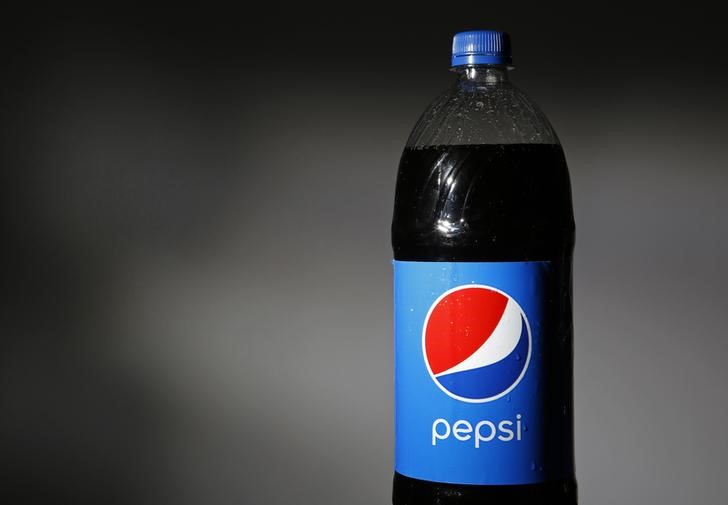TD Cowen slashes PepsiCo rating, citing impact of "aggressive pricing" on volumes
Investing.com -- Analysts at TD Cowen have downgraded their rating of PepsiCo (NASDAQ:PEP ) to "Hold" and slashed their price target of the consumer goods giant.
In a note to clients, the analysts argued that Pepsi's decision to use "aggressive pricing" for their slaty snacks, carbonated beverages and sports drinks categories have dented their attractiveness as a low-cost option for consumers. Prices at these segments have risen by 41% since 2021, compared to a grocery store average of 25%, the analysts noted.
"We expect this imbalance to create different challenges. In salty snacks, we expect pricing to turn negative; in carbonated beverages, we expect continued volume pressure from price elasticity," they wrote.
The trends will "compromise" Pepsi's pricing power in the near term, they added, leading them to slash their organic growth forecasts for the firm's current fiscal year to 1.9% and 3% in 2025.
Meanwhile, expected promotional activity at Pepsi's Frito-Lay division, which includes brands like Tostitos and Ruffles chips, is "not broad enough to materially improve volume trends for the business as a whole," the analysts argued.
At the same time, they flagged that the competitiveness of Pepsi's beverage unit in North America has weakened, with market share losses and volumes declines anticipated next year.
The comments come after Pepsi cut its annual sales forecast earlier this week in a sign that cost-conscious shoppers were opting for less expensive private-label brands.
Pepsi, whose brands include Mountain Dew and Lays, now sees organic sales growing in a low single-digit range in 2024, down from a prior outlook of a 4% increase.
CEO Ramon Laguarta warned that the "cumulative impacts" of inflationary pressures and higher borrowing costs in recent years have impacted consumer budgets and spending patterns.
Pepsi also reported an unexpected decline in third-quarter revenue due in large part to sluggish demand at its Quaker Foods offering, which was hit by product recalls earlier this year.
(Reuters contributed reporting.)
Source: Investing.com
